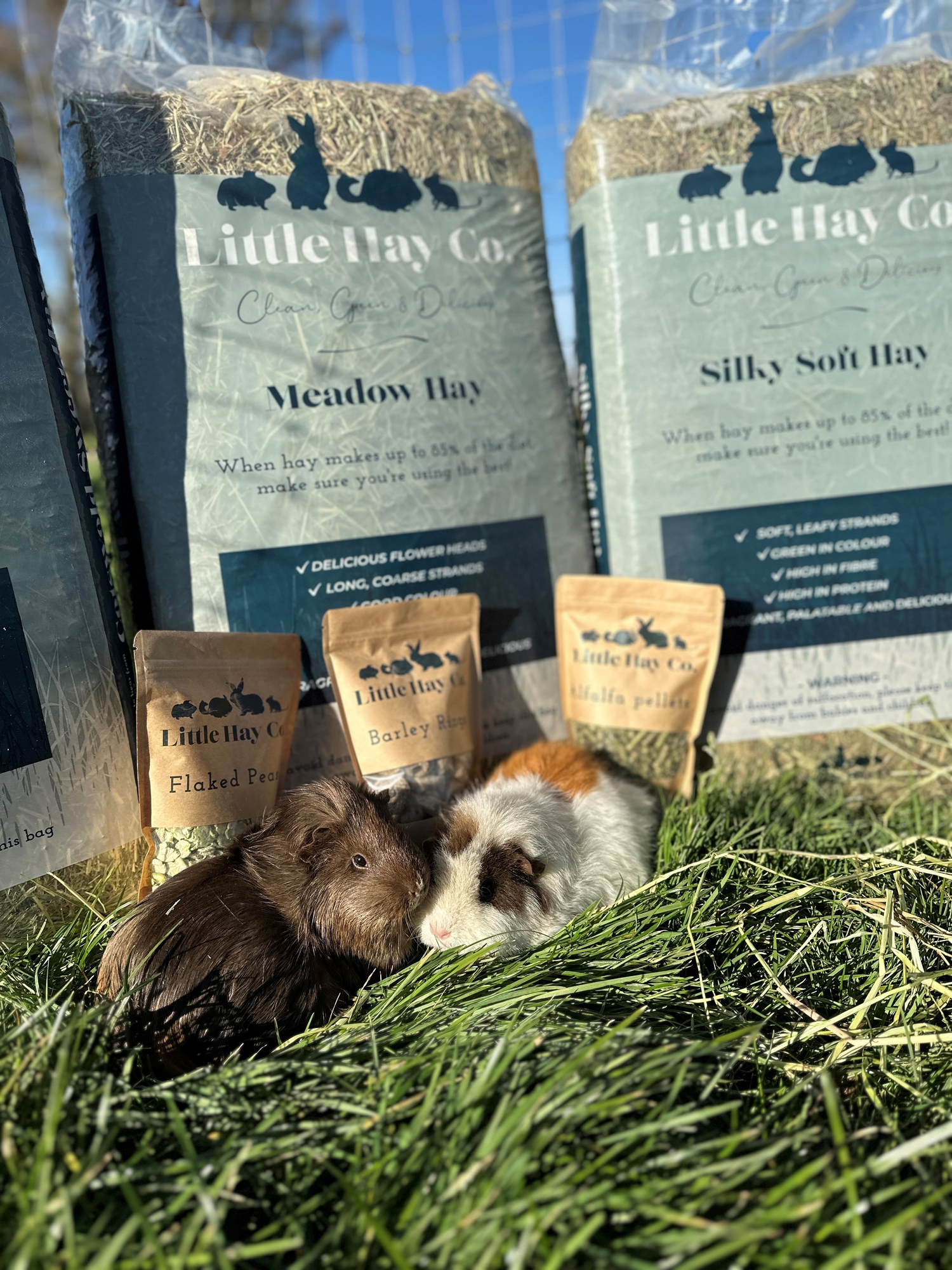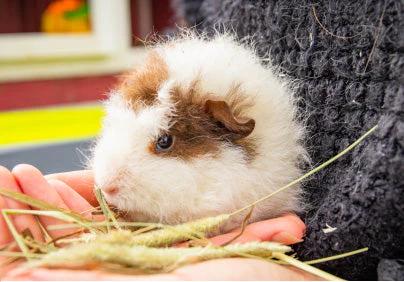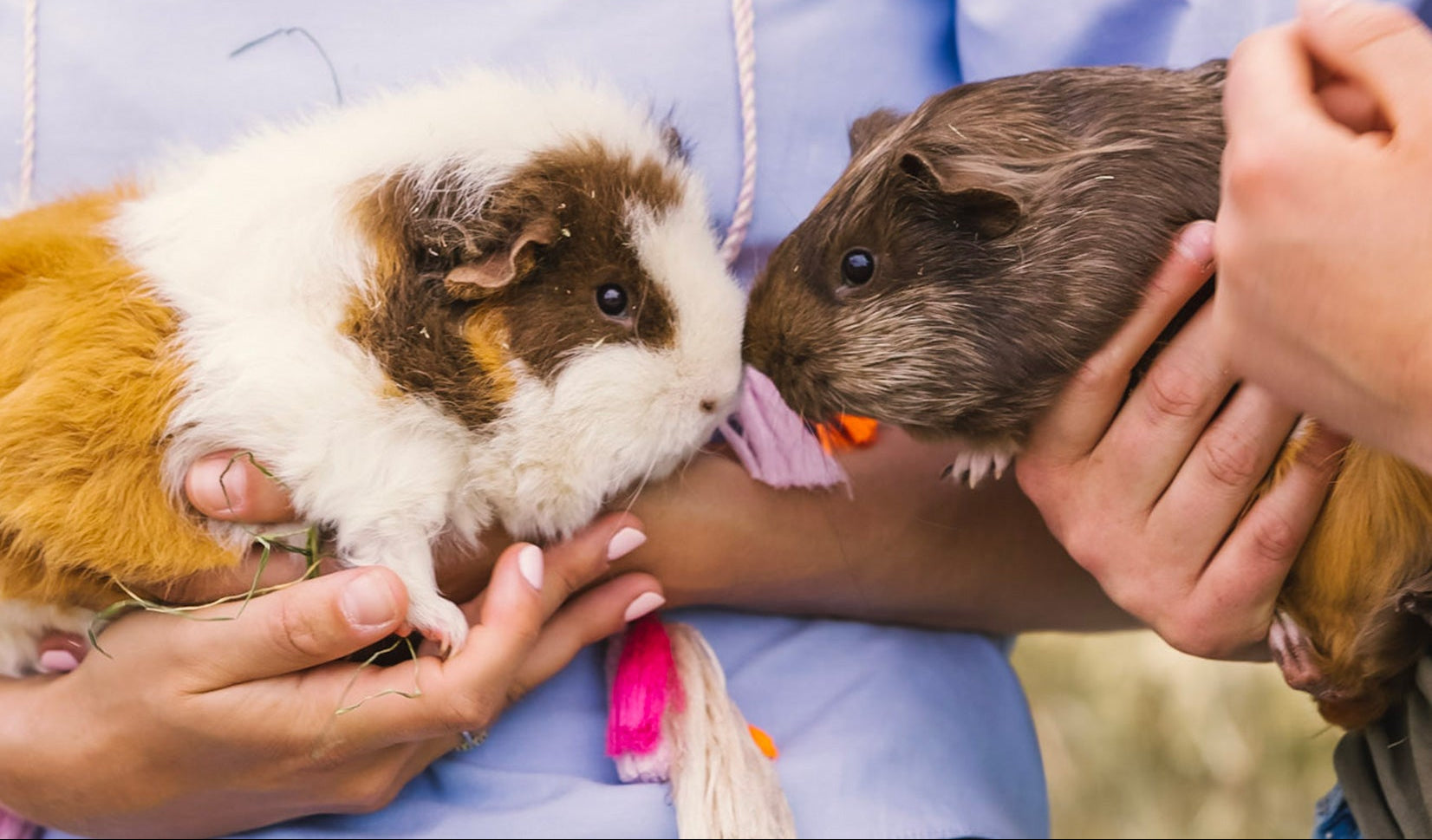What is Vitamin C and why is it important for guinea pigs?
Vitamin C, also known as ascorbic acid, is a vital nutrient for guinea pigs. Unlike humans and other animals, guinea pigs cannot produce their own vitamin C and must obtain it from their diet. This makes it crucial for guinea pig owners to ensure their furry friends receive an adequate amount of vitamin C to maintain good health.
How much Vitamin C do guinea pigs need?
Guinea pigs require a daily intake of 10-30 milligrams of vitamin C per kilogram of body weight. This means that a typical guinea pig weighing around 1 kilogram needs approximately 10-30 milligrams of vitamin C each day. It's important to note that guinea pigs cannot store excess vitamin C in their bodies, so a consistent daily intake is necessary.
What are the benefits of Vitamin C for guinea pigs?
Vitamin C plays a crucial role in maintaining the overall health and well-being of guinea pigs. Here are some of the key benefits:
- Boosts immune system: Vitamin C helps strengthen the immune system, making guinea pigs less susceptible to illnesses and infections.
- Prevents scurvy: Scurvy is a condition caused by vitamin C deficiency. By providing an adequate amount of vitamin C, guinea pig owners can prevent this potentially life-threatening condition.
- Promotes healthy skin and coat: Vitamin C is essential for the production of collagen, a protein that supports healthy skin and a shiny coat in guinea pigs.
- Aids in wound healing: Vitamin C plays a vital role in the healing process of wounds and injuries in guinea pigs.
How to ensure your guinea pig gets enough Vitamin C?
There are several ways to ensure your guinea pig receives an adequate amount of vitamin C:
- High-quality guinea pig pellets: Choose a brand of guinea pig pellets that is specifically formulated to provide the necessary amount of vitamin C.
- Fresh fruits and vegetables: Supplement your guinea pig's diet with vitamin C-rich fruits and vegetables such as bell peppers, kale, strawberries, and oranges. However, be cautious and introduce new foods gradually to avoid digestive issues.
- Vitamin C supplements: If your guinea pig's diet is lacking in vitamin C, consult with a veterinarian about the appropriate vitamin C supplements for your furry friend.
Vitamin C is an essential nutrient for guinea pigs, and ensuring they receive an adequate amount is crucial for their overall health and well-being. By providing a balanced diet, including vitamin C-rich foods and supplements when necessary, guinea pig owners can help their furry friends live a happy and healthy life.













